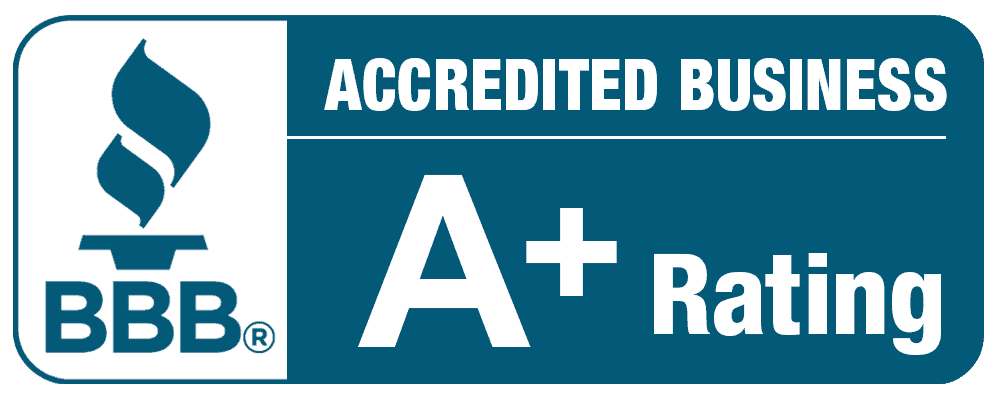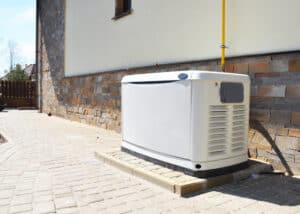How to Assess Your Home’s Electrical System Before Upgrading
Upgrading your home’s electrical system is an important step in ensuring the safety and efficiency of your home. Before you begin the process, it is important to assess your current system to determine what needs to be upgraded. This article will provide you with a few tips on how to assess your home’s electrical system before upgrading.
First, you should inspect the wiring in your home. Look for any signs of damage, such as frayed or exposed wires, or any other signs of wear and tear. If you find any damaged wiring, it is important to have it replaced before you begin any upgrades.
Second, you should check the electrical outlets in your home. Make sure that all outlets are properly grounded and that they are not overloaded. If you find any outlets that are not properly grounded, you should have them replaced.
Third, you should check the circuit breakers in your home. Make sure that all circuit breakers are in good working order and that they are not overloaded. If you find any circuit breakers that are not working properly, you should have them replaced.
Fourth, you should check the electrical panel in your home. Make sure that all of the breakers are labeled correctly and that they are not overloaded. If you find any breakers that are not labeled correctly, you should have them replaced.
Finally, you should check the wiring in your home. Make sure that all of the wiring is up to code and that it is not overloaded. If you find any wiring that is not up to code, you should have it replaced.
By following these tips, you can ensure that your home’s electrical system is safe and efficient before you begin any upgrades. Remember to always consult a professional electrician if you have any questions or concerns about your home’s electrical system.
What to Consider When Choosing an Electrician for Your Home Upgrade
When it comes to home upgrades, it is important to choose an electrician who is experienced and qualified to do the job. Here are some things to consider when selecting an electrician for your home upgrade:
1. Licensing and Certification: Make sure the electrician you choose is licensed and certified to do the work you need. Ask to see their credentials and make sure they are up to date.
2. Experience: It is important to choose an electrician who has experience in the type of work you need done. Ask for references and check them out.
3. Insurance: Make sure the electrician you choose is insured. This will protect you in case of any accidents or damage that may occur during the job.
4. Cost: Get quotes from several electricians and compare prices. Make sure you understand what is included in the quote and what is not.
5. Communication: Make sure the electrician you choose is easy to communicate with. Ask questions and make sure you understand the answers.
By considering these factors, you can be sure to choose an electrician who is qualified and experienced to do the job. This will ensure that your home upgrade is done safely and correctly.
How to Prepare Your Home for Electrical Upgrades: Safety Tips and Best Practices
When it comes to electrical upgrades, safety should always be the top priority. Taking the time to properly prepare your home for electrical upgrades can help ensure that the process is completed safely and efficiently. Here are some safety tips and best practices to help you prepare your home for electrical upgrades.
1. Turn off the power. Before beginning any electrical work, it is essential to turn off the power to the area you will be working in. This can be done by switching off the circuit breaker or removing the fuse from the fuse box.
2. Test for power. Once the power has been turned off, it is important to test the area to make sure that there is no residual power. This can be done with a voltage tester.
3. Remove any combustible materials. It is important to remove any combustible materials from the area you will be working in. This includes furniture, rugs, curtains, and other items that could catch fire if exposed to sparks or heat.
4. Wear protective gear. When working with electricity, it is important to wear protective gear such as safety glasses, gloves, and a face shield. This will help protect you from any potential hazards.
5. Use the right tools. Make sure that you are using the right tools for the job. This includes using the correct size and type of wire, as well as the right type of connectors.
6. Follow the manufacturer’s instructions. When installing electrical components, it is important to follow the manufacturer’s instructions. This will help ensure that the components are installed correctly and safely.
By following these safety tips and best practices, you can help ensure that your home is properly prepared for electrical upgrades. Taking the time to properly prepare your home for electrical upgrades can help ensure that the process is completed safely and efficiently.













